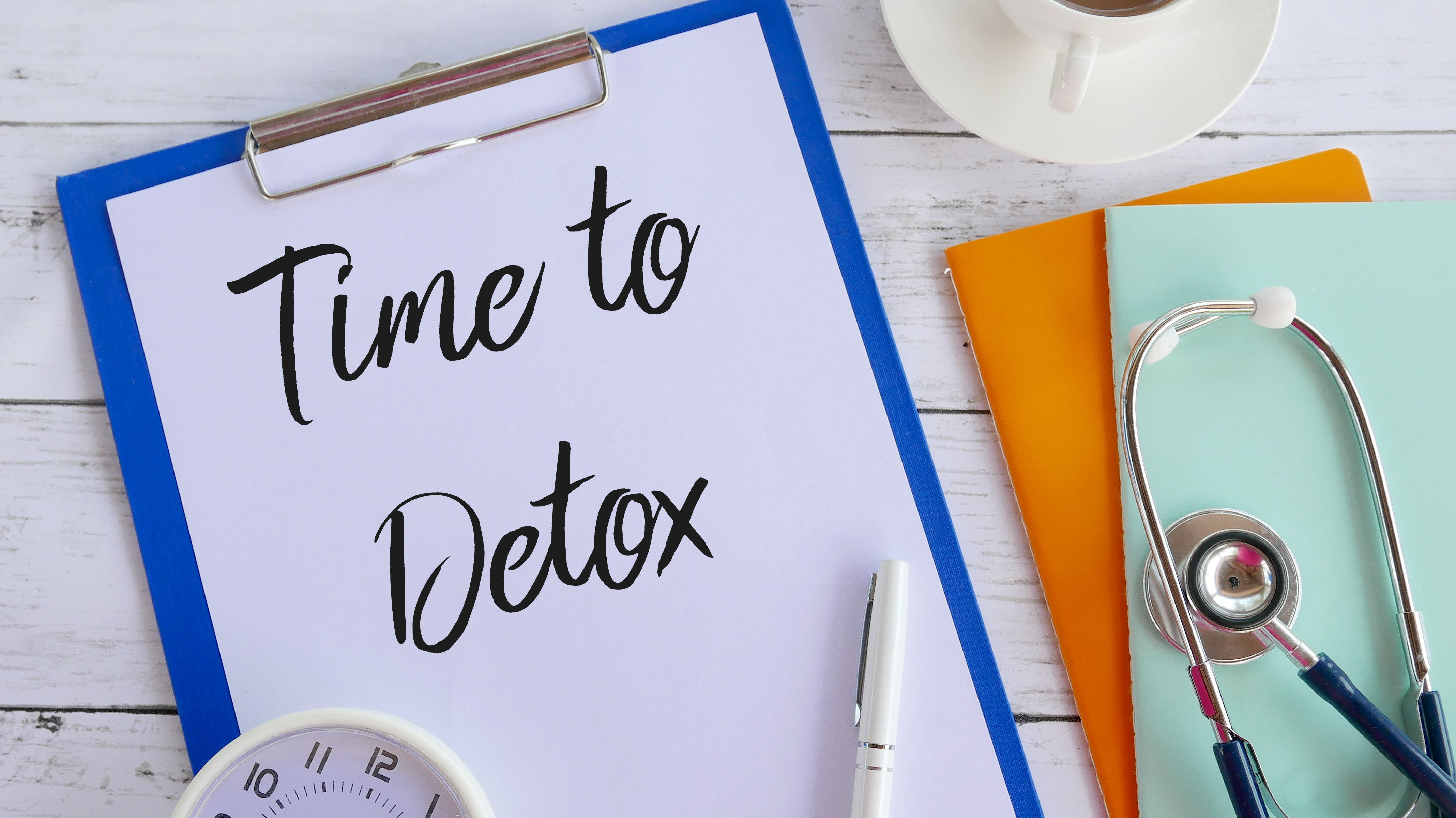A Plan on How to Help Yourself or a Loved One Detox from Alcohol

Detoxing from alcohol is a crucial step on the road to sobriety. Whether you are seeking help for yourself or a loved one, the journey begins with understanding the detox process and finding the right support. In this article, we'll explore the importance of detox, the challenges you may face, and how to create a plan that will set you up for success.
Understanding Alcohol Detox
Alcohol detox
Is the process of cleansing the body of alcohol and its toxicity. It's a vital step towards breaking the cycle of addiction and working toward sobriety. Detox normally involves three important stages:
1. Evaluation:
A trained and experienced medical professional assesses the individual's physical and mental health, as well as the severity of their alcohol dependency. This evaluation helps to determine the appropriate level of care and support needed during the detox process.
2. Stabilisation:
During this second stage, the individual is carefully monitored and guided through acute withdrawal, which is the initial phase of the detox process. Medical professionals provide support and may administer medication to alleviate severe withdrawal symptoms and discomfort.
3. Transition to Treatment:
Once detox is completed successfully, the individual transitions into a comprehensive, intensive addiction treatment program. This program will include therapy, support groups, and other resources to help maintain long-term sobriety, as well as learning coping mechanisms and help to identify triggers.
The Challenges of Alcohol Detox
Detoxing from alcohol can be both physically, mentally and emotionally challenging. Withdrawal symptoms can range from mild discomfort to severe, life-threatening complications, depending on the severity of the addiction. Some common withdrawal symptoms include:
- Severe Anxiety
- Debilitating Insomnia
- Nausea and vomiting
- Painful Headaches
- Tremors and Shakes
- Sweating
- Rapid heart rate
- High blood pressure
- Seizures
- Delirium tremens (DTs)
It's essential to approach detox with professional support, as attempting to detox at home can be dangerous and may lead to complications or relapse or even death.
Creating a Plan for Alcohol Detox
The journey to sobriety and a healthy life begins with a well-structured plan that addresses the unique needs and challenges of the individual. The following steps can help you or your loved one create a plan for a successful alcohol detox:
Step 1: Seek Professional Help
The first and most crucial step in the detox process is to consult with a medical professional or addiction specialist like us at Find Rehab. We can assess the severity of the addiction and recommend an appropriate detox plan, which may involve inpatient or outpatient treatment, depending on the individual's needs and unique circumstances.
Step 2: Prepare for Withdrawal Symptoms
Understanding the potential withdrawal symptoms and their severity is essential for managing expectations and ensuring a safe detox process. Remember, knowledge is power. A medical professional can provide guidance on what to expect and prescribe medications to help manage these symptoms when necessary.
Step 3: Build a Support System
A strong support system is absolutely crucial to the success of any detox plan. This support can come from friends, family, or professional support groups. Encourage open communication and involvement in the detox process to create a network of individuals who can provide emotional and practical assistance.
Step 4: Establish a Healthy Routine
Developing a healthy routine that fosters physical, emotional, and mental well-being is crucial during the detox process. Incorporate regular exercise, a nutritious diet, and adequate sleep into the daily routine. These habits can help to alleviate withdrawal symptoms and create a strong foundation for long-term sobriety.
Step 5: Plan for Post-Detox Treatment
Detox is only the first step towards breaking free from alcohol addiction. It's essential to have a plan for ongoing treatment and support after detox, which may include therapy, support groups, or other addiction recovery resources.
Begin Your Journey to Sobriety with Find Rehab today
Embarking on the road to recovery is a daunting and challenging process. However, with the right support, information, and resources, it's possible to overcome addiction and achieve long-term sobriety. At www.findrehab.co.uk, we are dedicated to helping individuals find the best and most suitable detox and treatment options tailored to their unique needs. Start your journey towards a healthier, happier life by getting in touch with us today.
Frequently asked questions
- What is alcohol detox?
-
Alcohol detox is the process of ridding the body of alcohol and its toxic effects, serving as the first step towards breaking the cycle of addiction and working toward sobriety.
- What are the stages of alcohol detox?
-
Detox typically involves three stages: evaluation, stabilisation, and transition to treatment.
- What are some common withdrawal symptoms during alcohol detox?
-
Withdrawal symptoms can include anxiety, insomnia, nausea, headache, tremors, sweating, rapid heart rate, high blood pressure, seizures, and delirium tremens (DTs).
- How can I create a plan for alcohol detox?
-
A successful alcohol detox plan should involve seeking professional help, preparing for withdrawal symptoms, building a support system, establishing a healthy routine, and planning for post-detox treatment.
- Why should I choose Find Rehab for help with alcohol detox?
-
At www.findrehab.co.uk, we are dedicated to helping individuals find the best detox and treatment options tailored to their unique needs, setting them on the path to a healthier, happier life.